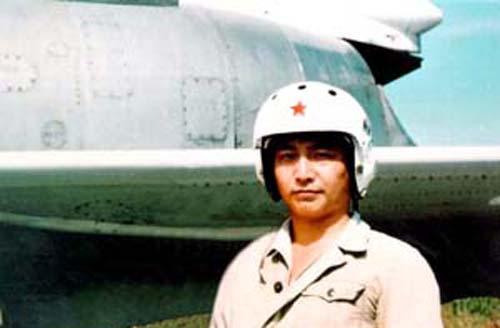Hero pilot in fighter jet collision remembered
- By Chen Xia
 0 Comment(s)
0 Comment(s) Print
Print E-mail China.org.cn, April 3, 2013
E-mail China.org.cn, April 3, 2013
 |
|
Wang Wei [file photo] |
The two planes had been parallel-flying for quite a while, which was common in those days as the U.S. frequently conducted surveillance flights in China's airspace and Chinese pilots had to follow and intercept them to safeguard national sovereignty.
Zhao recalled that around 9:07 a.m., the U.S. plane violated aviation rules by suddenly veering at a wide angle towards Wang's plane. He saw Wang's jet was hit at the top by the left wing of the U.S. plane and the vertical stabilizer of Wang's jet was smashed by the propeller of the U.S. plane.
Wang managed to eject from the aircraft before it crashed into sea, but he was never spotted again despite almost 100,000 soldiers and fishermen searching for him for 14 days and nights straight.
Wang was born in 1968 in eastern China's Zhejiang Province. He had displayed a strong interest in planes since childhood. In 1986, he attended military school and became a pilot in the Chinese navy four years later. One day before the collision, Wang had told his wife on the phone that he was on duty and couldn't go home. Those proved to be his last-ever words to her.
China's military headquarters stated Wang died a heroic death. He was later awarded the posthumous title of "guardian of territorial airspace and waters."






Go to Forum >>0 Comment(s)